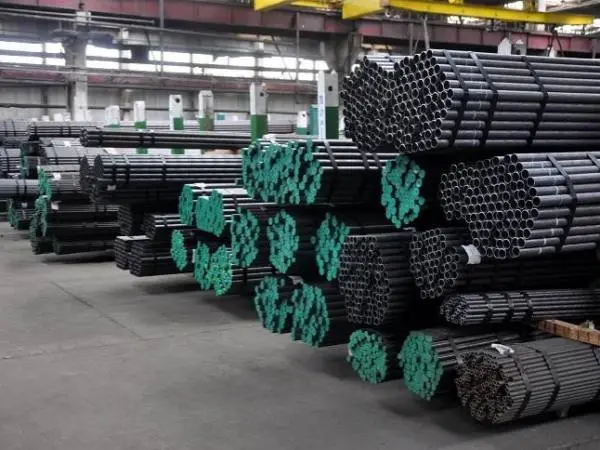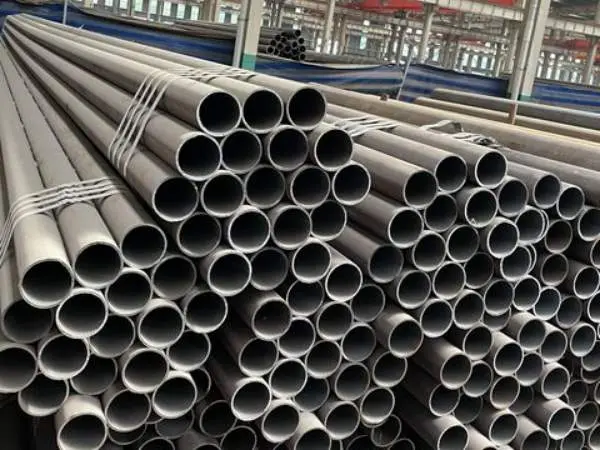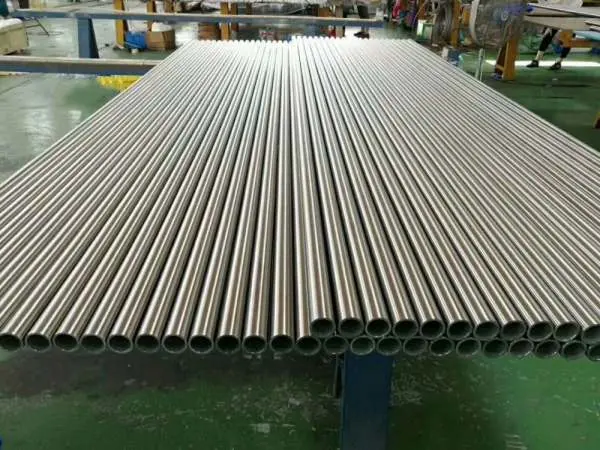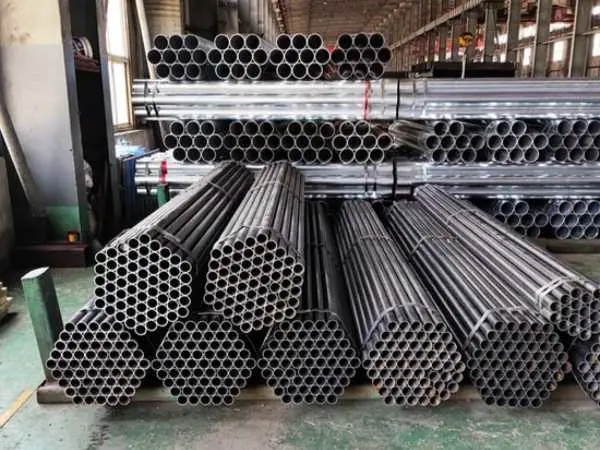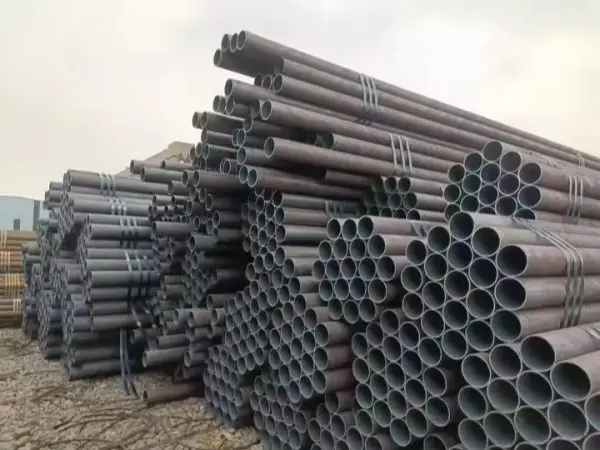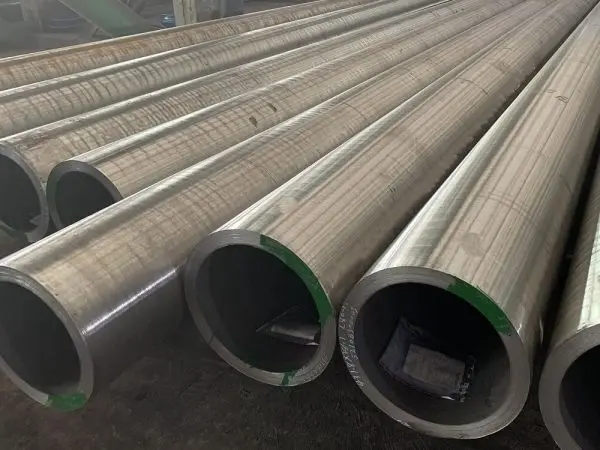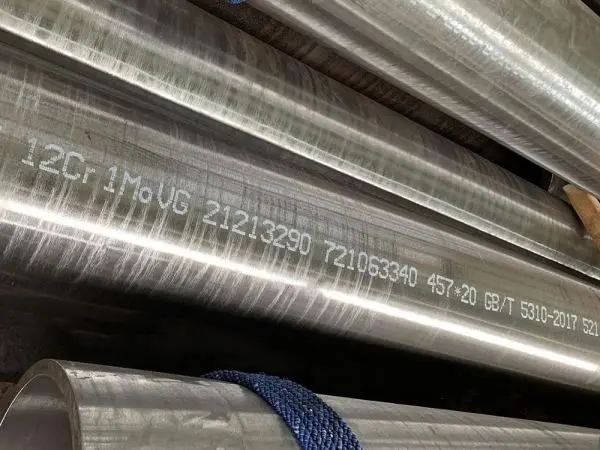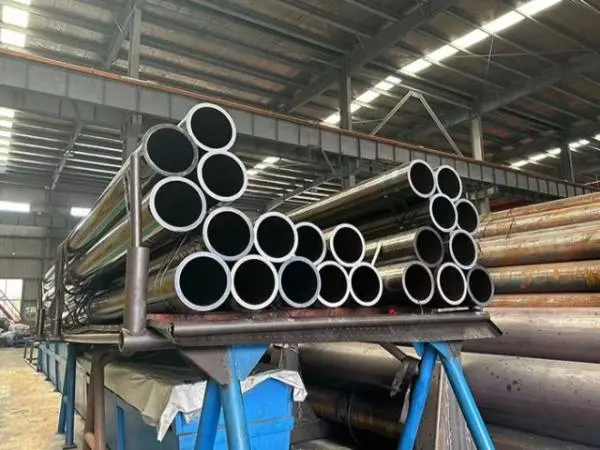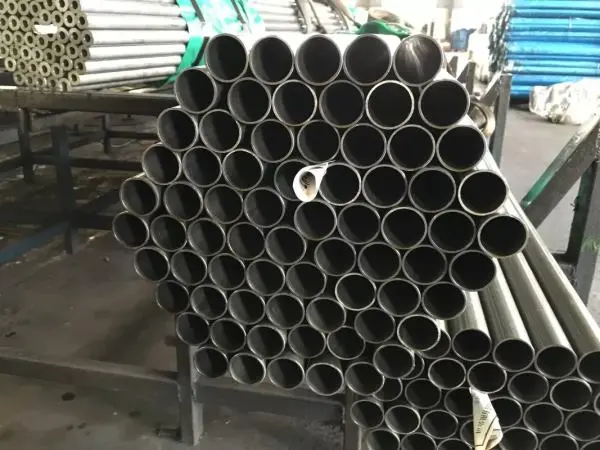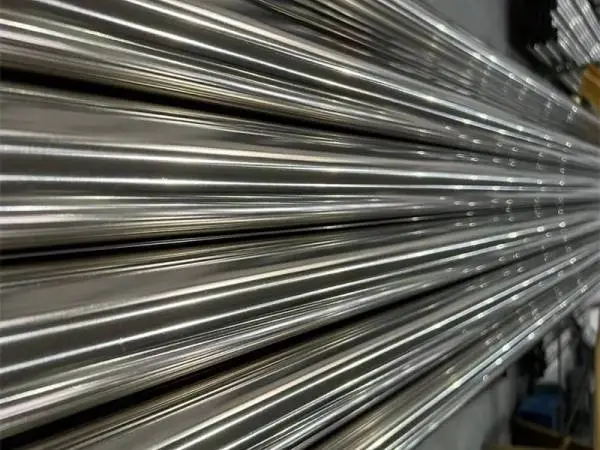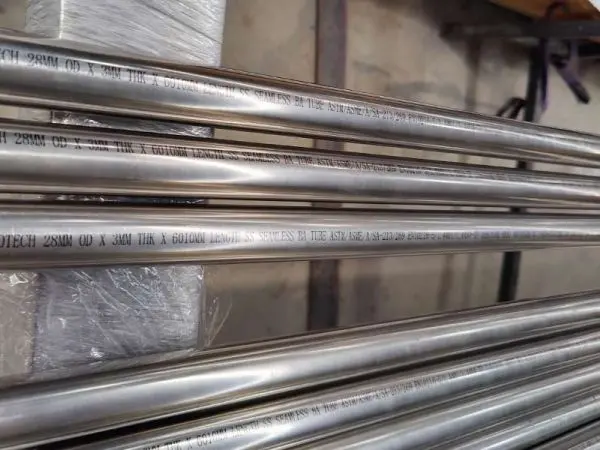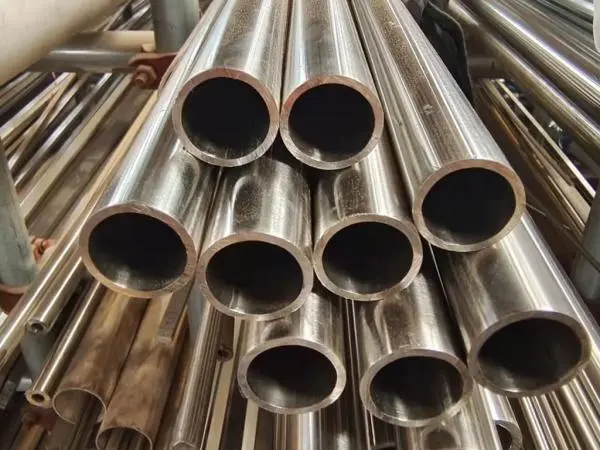-
2025-04-02Product News
How to select the thickness of carbon steel seamless pipe?
Carbon steel seamless pipes are manufactured from carbon steel materials through processes such as hot rolling and cold drawing. Given the critical role of carbon steel seamless pipes in such complex and high-demand environments, selecting the appropriate wall thickness is essential. The choice of thickness should consider the specific application and the pressure the pipe will bear, as selecting the right thickness contributes to both safety and durability.
-
2025-04-01Product News
Welding requirements for hot-rolled seamless steel pipes
Hot-rolled seamless steel pipes have unique welding requirements compared to other types of steel pipes. The quality of welding directly affects the overall strength, durability, and long-term performance of the pipe. To ensure a smooth welding process and high-quality welded joints, the following key requirements must be carefully observed.
-
2025-04-01Product News
Key points of machining cold drawn seamless pipes
Cold drawn seamless pipes are a specialized category of seamless steel pipes, characterized by their weldless construction, formed through perforation, rolling, and cold drawing processes. While they share similarities with standard seamless pipes, the difference lies in their subsequent processing techniques, which require careful handling to maintain quality and efficiency. To ensure optimal machining results, several critical factors must be considered. Below are eight key points to keep in mind when machining cold drawn seamless pipes.
-
2025-03-31Product News
Seamless pipes used in hydraulic systems
In hydraulic systems, seamless pipes serve as essential transmission components, with their material properties directly influencing the system's safety and efficiency. Depending on working conditions and application requirements, hydraulic systems typically use the following types of seamless pipes.
-
2025-03-31Product News
Advantages and applications of high carbon steel seamless pipes
High carbon steel seamless pipes are seamless steel pipes made primarily from high carbon steel (typically 0.6%~1.7% carbon content). Due to their high strength, hardness, and excellent wear resistance, they play a crucial role in specific industrial applications. However, careful selection is required due to their low toughness and poor weldability. This article explores the advantages, typical applications, and precautions of high carbon steel seamless pipes.
-
2025-03-28Product News
How to unclog a boiler tube?
Boiler tube blockage is a common yet challenging issue that can significantly reduce boiler efficiency and even cause equipment damage. The appropriate unclogging method depends on the cause of the blockage (such as scale, impurities, or corrosion products) and the type of pipe involved (water pipe or smoke pipe). Below is a comprehensive guide outlining various physical and chemical techniques for unclogging different types of blockages.
-
2025-03-28Product News
How to detect the thickness of boiler tubes?
Boiler tube thickness detection is crucial for ensuring safe operation and prolonging the service life of boilers. Different detection methods offer unique advantages, and selecting the appropriate technique helps identify defects effectively while ensuring measurement accuracy and reliability. Below is an overview of commonly used detection methods.
-
2025-03-27Product News
Maintenance methods for mechanical tubes
Mechanical tubes are often referred to as the "vascular system" of industrial equipment, serving as essential components for transporting fluids and gases. They play a crucial role in industries such as petroleum, chemical processing, and machinery manufacturing. In oil fields, mechanical tubes facilitate the transportation of crude oil and natural gas. In the chemical industry, they ensure the safe transmission of various corrosive chemicals. In machinery manufacturing, they are indispensable for power transmission and medium supply within equipment.
-
2025-03-27Product News
Comprehensive guide to purchasing mechanical steel pipes
Mechanical steel pipes are essential materials in industries such as industrial manufacturing, construction, petrochemicals, and mechanical processing. To ensure optimal performance and cost-effectiveness, buyers must carefully evaluate material selection, specifications, processing methods, and supplier qualifications. This guide will help you efficiently source mechanical pipes & tubes that align with your project needs.
-
2025-03-26Product News
Characteristics and applications of stainless steel pipe 101.5
A stainless steel pipe is a durable and versatile piping solution made from stainless steel, known for its corrosion resistance, high-temperature tolerance, and pressure resistance. These properties make it widely applicable across industries such as construction, chemical processing, medical, and food industries. Among various models, stainless steel pipe 101.5 is a commonly used specification with the following key features.
-
2025-03-26Product News
What is the hardness of stainless steel precision tube?
The hardness of stainless steel precision tubes typically falls between 150 and 220 HB (Brinell hardness). This range depends on factors such as alloy composition, heat treatment process, and cold working degree. These values are established based on industry standards and extensive testing to ensure quality and suitability for various applications.
-
2025-03-25Product News
How to evaluate the cost performance of stainless steel seamless pipes?
When assessing the cost-effectiveness of stainless steel seamless pipes, it's crucial to consider multiple factors beyond just price. A well-rounded evaluation should take into account material selection, performance, production processes, and long-term value. Below, we summarize key evaluation methods and considerations to help make informed purchasing decisions.
